When it comes to home maintenance, the garage door often goes overlooked, yet it plays a crucial role in both security and accessibility. According to a report by the International Door Association (IDA), nearly 70% of homeowners utilize their garage as the main entry point into their homes, underscoring the importance of a functional garage door. However, common issues such as misaligned tracks, faulty openers, and broken springs can significantly hinder the performance and safety of this essential component.
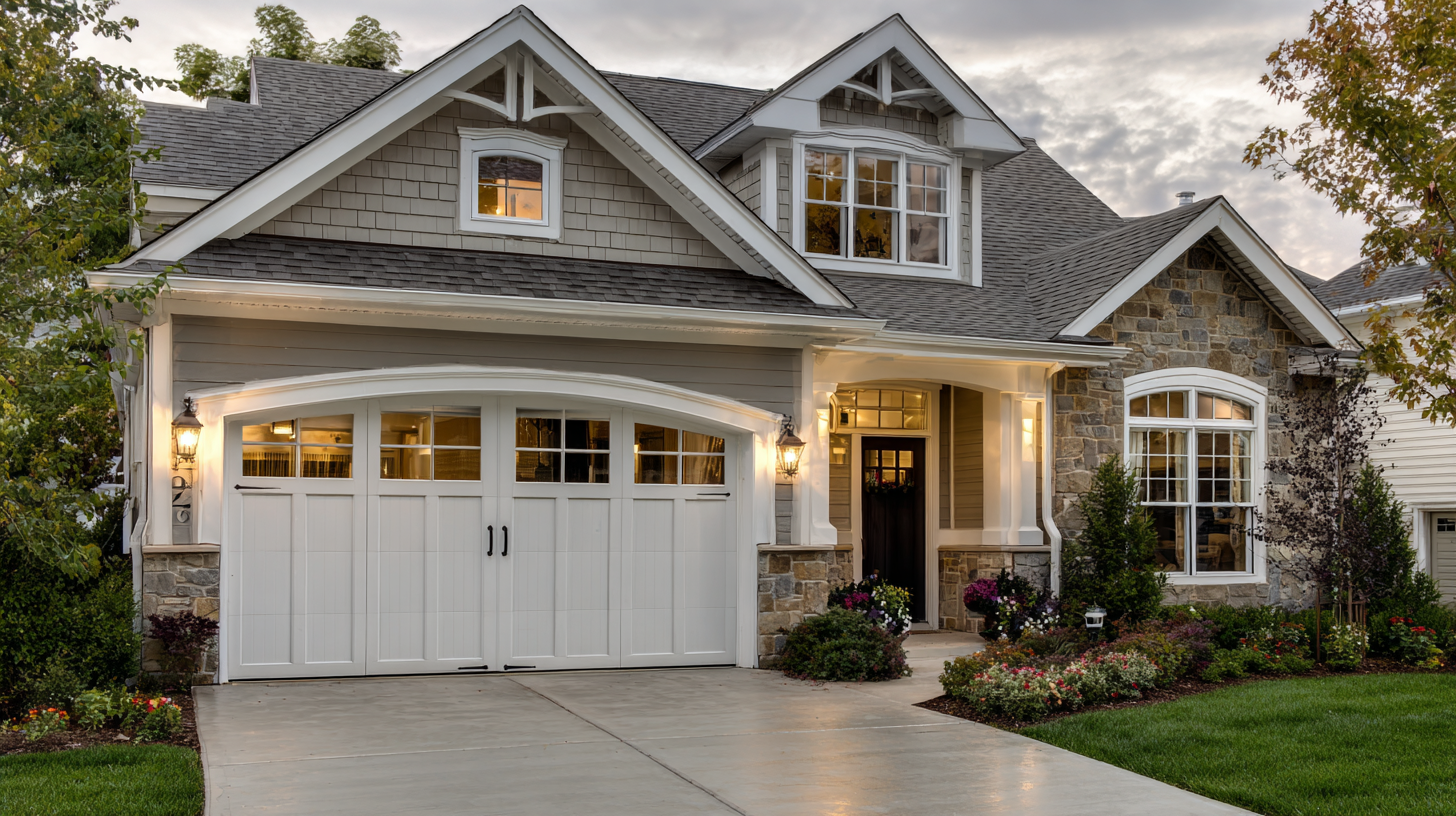
The American Garage Door Association (AGDA) states that improper maintenance can lead to costly repairs, with the average repair costing between $150 and $500. With an estimated 15,000 injuries related to garage doors annually, it's imperative for homeowners to be aware of these prevalent issues and understand effective solutions.
This comprehensive guide aims to equip homeowners with the knowledge necessary to identify and resolve common garage door problems, ensuring they maintain a safe and efficient home environment.
Homeowners often encounter a few recurring issues with their garage doors, which can lead to significant inconvenience and repair costs if not addressed promptly. According to a report from the International Door Association, nearly 30% of garage door issues stem from problems with the opener, often due to wear and damage.
One common problem is the garage door not opening or closing properly. This can typically be resolved by checking the power source or inspecting the sensors, which may have been obstructed or misaligned.
Another prevalent issue is the door making loud or unusual noises during operation. Research suggests that about 20% of homeowners experience this, indicating potential wear in the hardware or the need for lubrication. Regular maintenance, including greasing the hinges and rollers, can help mitigate these sounds.
Additionally, springs are known to wear out, and their lifespan is typically between 7 to 9 years. Homeowners should be aware that a broken spring can prevent the door from functioning altogether, necessitating immediate professional repair to ensure safety and restore functionality.
A noisy garage door can be more than just an annoyance; it may indicate underlying issues that need addressing. According to a report by the International Door Association, approximately 30% of homeowners have experienced garage door noise problems at some point. Common culprits include worn rollers, loose hardware, and unlubricated moving parts. Identifying the source of the noise is the first step in troubleshooting.
To minimize these disruptive sounds, ensure that all hardware is tight and securely fastened. Consider inspecting the rollers and replacing them if they appear chipped or worn. Another effective solution is to lubricate the moving parts regularly. According to the Door and Access Systems Manufacturers Association, proper lubrication can enhance the performance and lifespan of your garage door by up to 70%.
**Tips:** It’s recommended to use a silicone-based lubricant rather than oil, as it doesn’t attract dust and grime. Additionally, inspect the tracks for debris or obstructions, as this can also contribute to unwanted noise. Regular maintenance checks can save you from costly repairs down the road while keeping your garage door running smoothly and quietly.
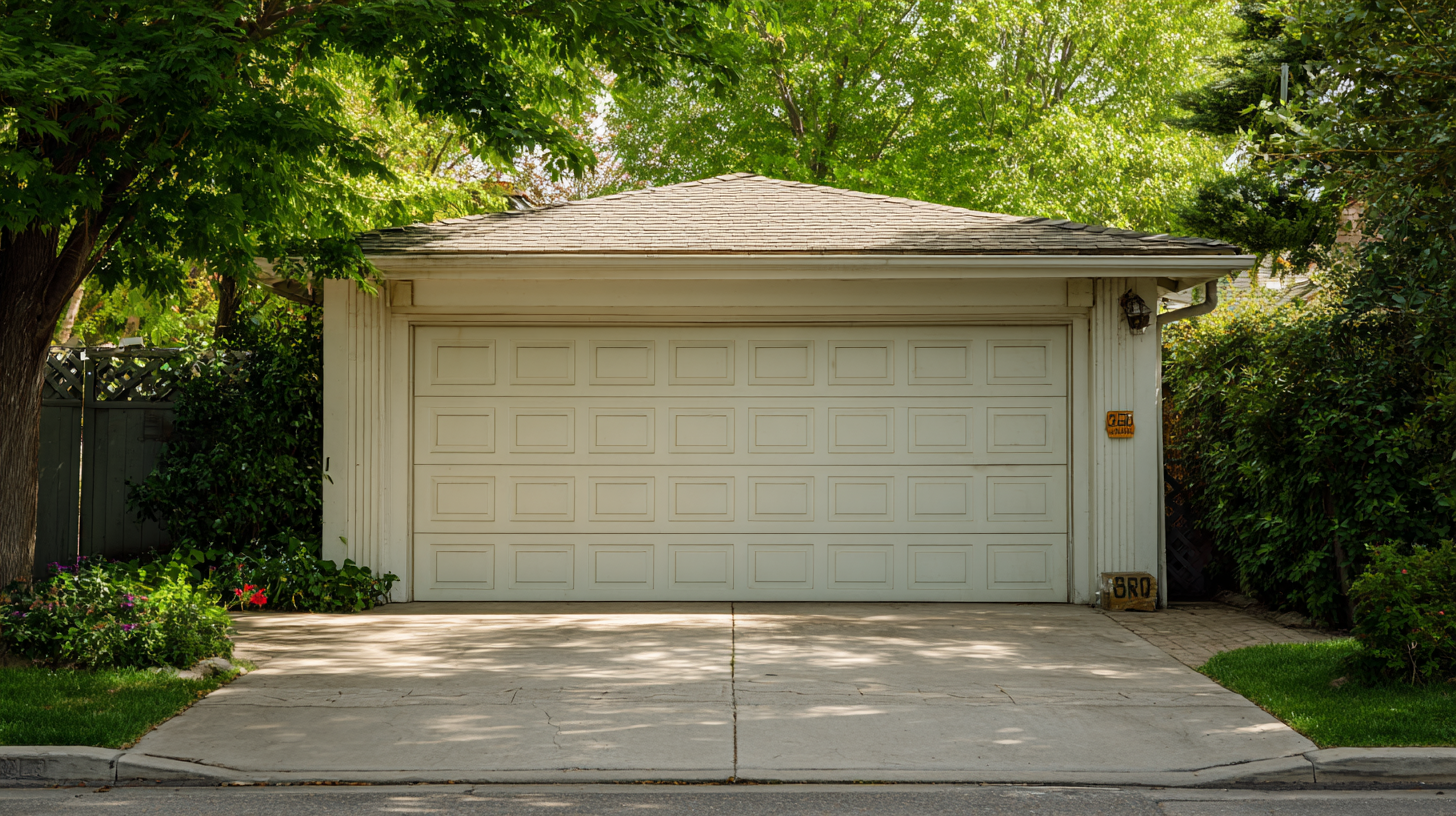
One of the most frustrating experiences for homeowners is discovering that their garage door won't open. There are several reasons this may occur, often starting with power issues. Firstly, check if the opener is plugged in and functioning; sometimes, a simple power outage or a tripped circuit breaker can be the culprit. If the opener seems fine, inspect the remote control batteries and ensure they are fresh.
Another common issue is misalignment of the garage door tracks. Over time, dirt or debris can accumulate or the tracks can bend, preventing smooth operation. Look for any visible obstructions or damage along the tracks and clean them thoroughly. Lubricating moving parts like rollers and hinges can also help reduce friction. If these steps don’t resolve the issue, it may be time to call a professional to inspect the door springs, as damaged springs can pose serious safety risks when attempting repairs on your own.
When it comes to garage door opener malfunctions, identifying the issue is the first crucial step in effective troubleshooting. Common problems include unresponsive openers, erratic operation, and obscure noises. If your garage door opener isn’t responding at all, check the power supply and ensure the remote batteries are functioning. Sometimes, it could also be as simple as a misaligned photo eye sensor, which can cause the door to refuse to operate.
If your opener functions inconsistently, consider examining the frequency settings. Interference from nearby devices or nearby structures can disrupt the signal. Additionally, listen closely for unusual sounds; grinding or straining noises often indicate wear and tear on the gears. Regular maintenance, such as lubricating moving parts and tightening loose hardware, can prevent many of these issues from escalating. Keeping your garage door opener in top condition not only enhances its lifespan but also ensures the safety and security of your home.
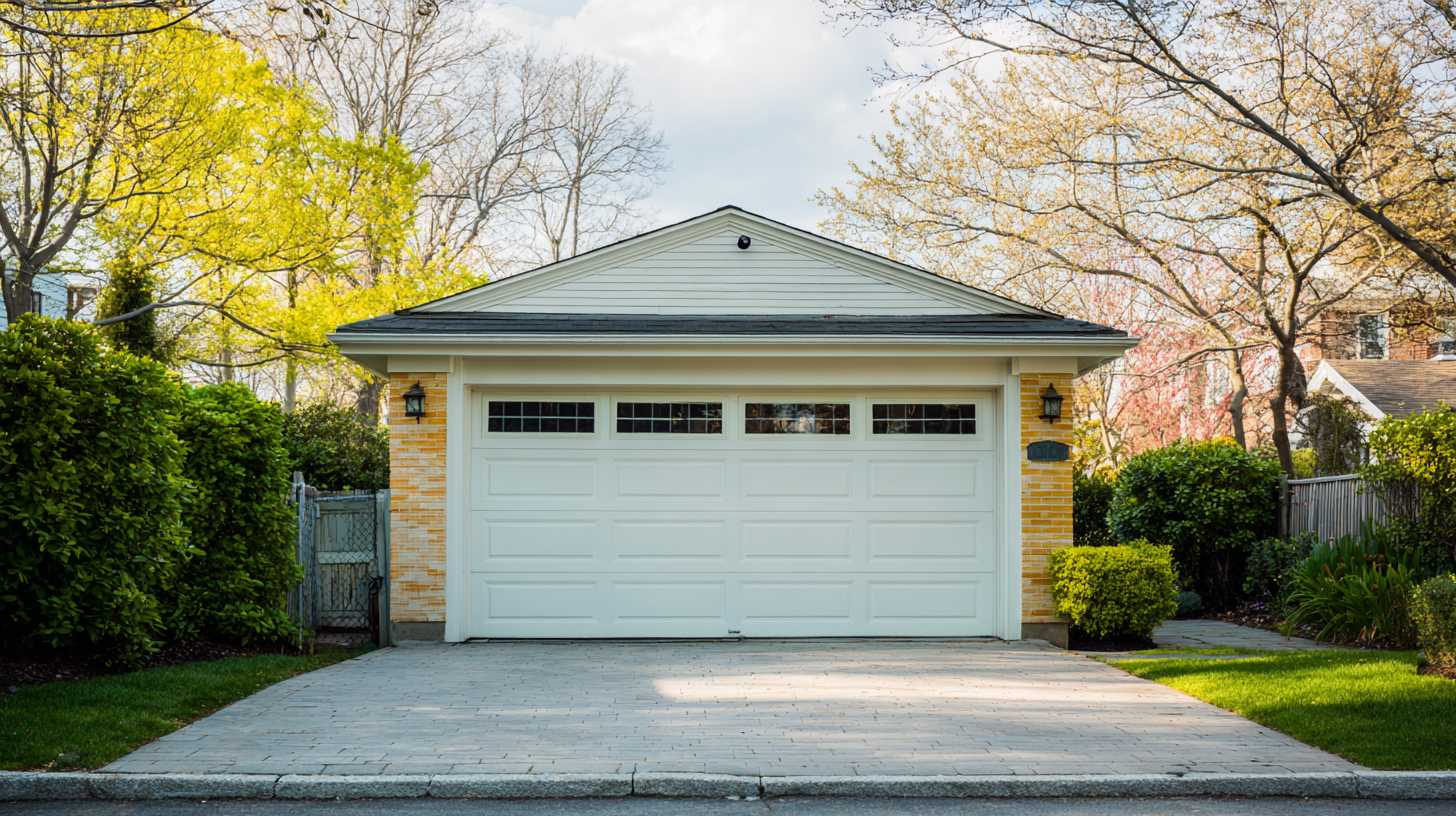
Maintaining your garage door is essential for preventing common issues that can lead to costly repairs. According to the International Door Association (IDA), nearly 30% of garage door failures are attributed to lack of maintenance. Regular inspections can identify potential problems early on, ensuring that your garage door operates smoothly and extends its lifespan. Homeowners should check the door's balanced position, ensuring it remains level both when opened and closed. A simple adjustment of the springs can resolve many of these alignment issues.
Additionally, lubricating moving parts is crucial to reduce wear and tear. The IDA recommends lubricating hinges, rollers, and the opener's chain or screw every six months to keep everything running efficiently. For homeowners, this simple act can greatly cut down the risk of premature wear, with research indicating that proper maintenance can extend the life of a garage door by as much as 50%. Using the right lubricant, such as silicone or lithium-based products, will further enhance performance while minimizing noise and friction, ensuring that the garage door remains a reliable component of your home.
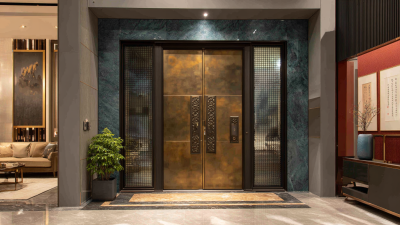

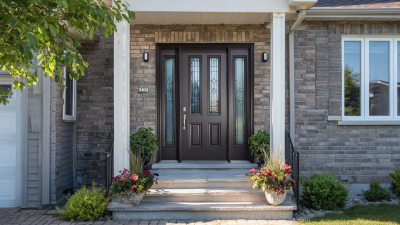
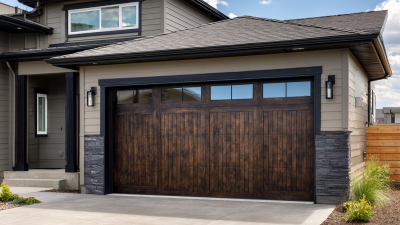
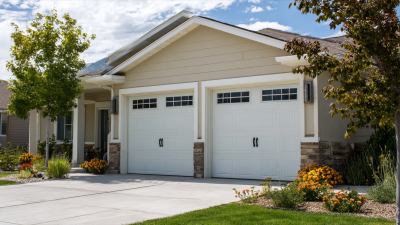
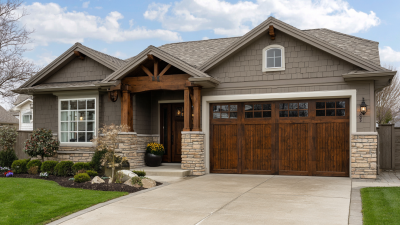

Since 1984, Thermostop has been a reputable manufacturer of Industrial Sectional Doors, Cold Storage Doors and Specialty Doors such as Impactable Breakaway doors, Acoustic Doors and Ballistic Doors.
Contact